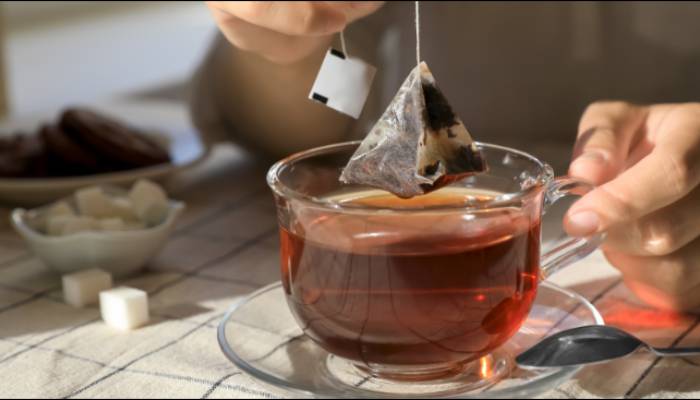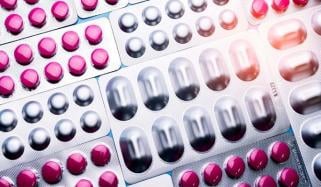
To simplify the process of making tea, many people opt for tea bags, but recent research from the Universitat Autònoma de Barcelona (UAB) has revealed a shocking detail.
The study published in the journal Chemosphere revealed that using commercial tea bags might release billions of tiny particles called nanoplastics and microplastics (MNPLs) into the tea while brewing.
After that, many questions and concerns arise, like “Is it true?” "Do all tea bags contain microplastic?” “How can I enjoy my tea safely?”
Well, several experts have mentioned that it’s good to be cautious about microplastic exposure, but there isn’t enough evidence to stop drinking your favourite tea, as per The New York Times.
Tea bags are made up of different materials. Many are made of paper, which comes from plant like fibers like cellulose, wood and hemp.
Others are made from flexible plastics such as nylon and polypropylene.
While some tea bags are made from biodegradable plastics, such as polylactic acid, which break down more easily in the environment.
Hailey E. Hampson, a researcher studying microplastics, mentioned that paper tea bags are likely to release fewer or no microplastics compared to plastic ones but it can be hard to identify the material used in some tea bags.
As per the reports, many tea companies claimed that their tea bags do not contain microplastics but Hampson pointed out that even paper tea bags might not be entirely plastic free as some paper tea bags are sealed with flexible plastics like polypropylene or may have a plastic coating on the string.
How to reduce plastic intake while sipping?
A better option is to use loose tea leaves that can be used with a stainless steel strainer or infuser.
Several studies suggests that briefly soaking your tea bag in room temperature water, then discarding the water before brewing, may help reduce microplastics in your tea.
Moreover, experts adviced not to reheat your tea bag still in the cup, as this could cause the release of more microplastics.















